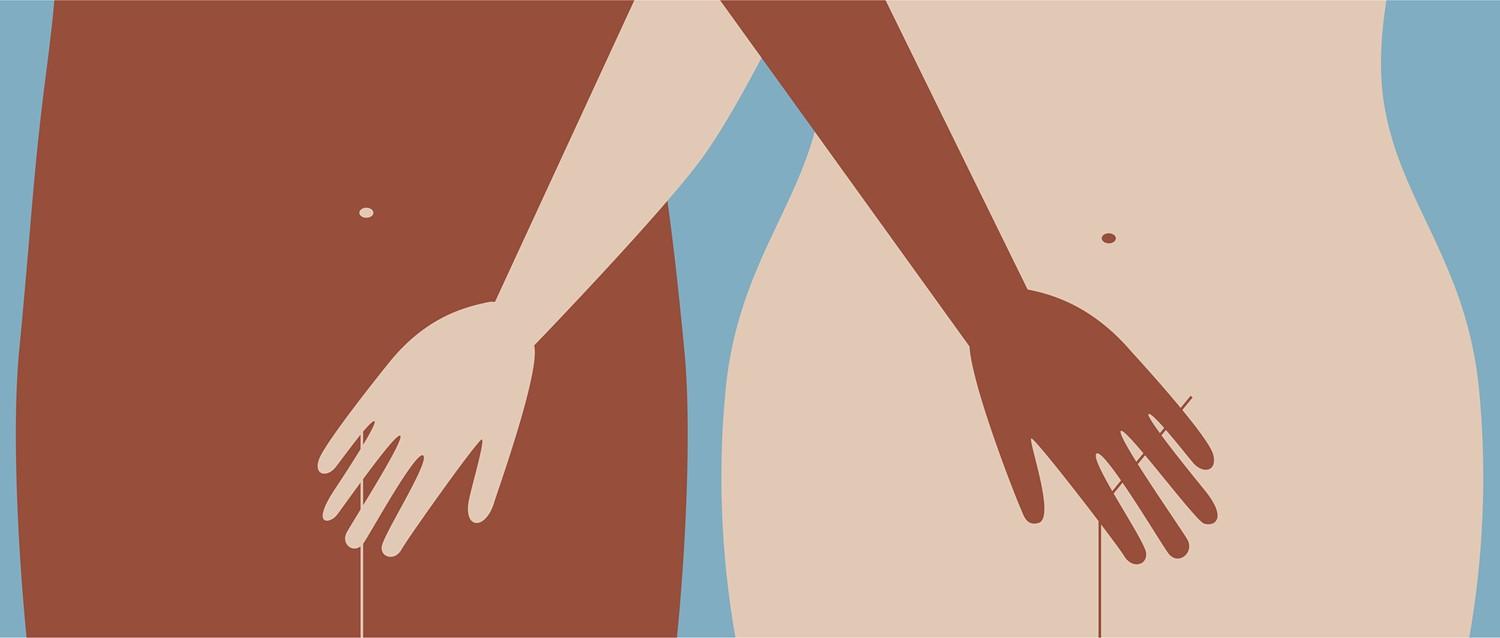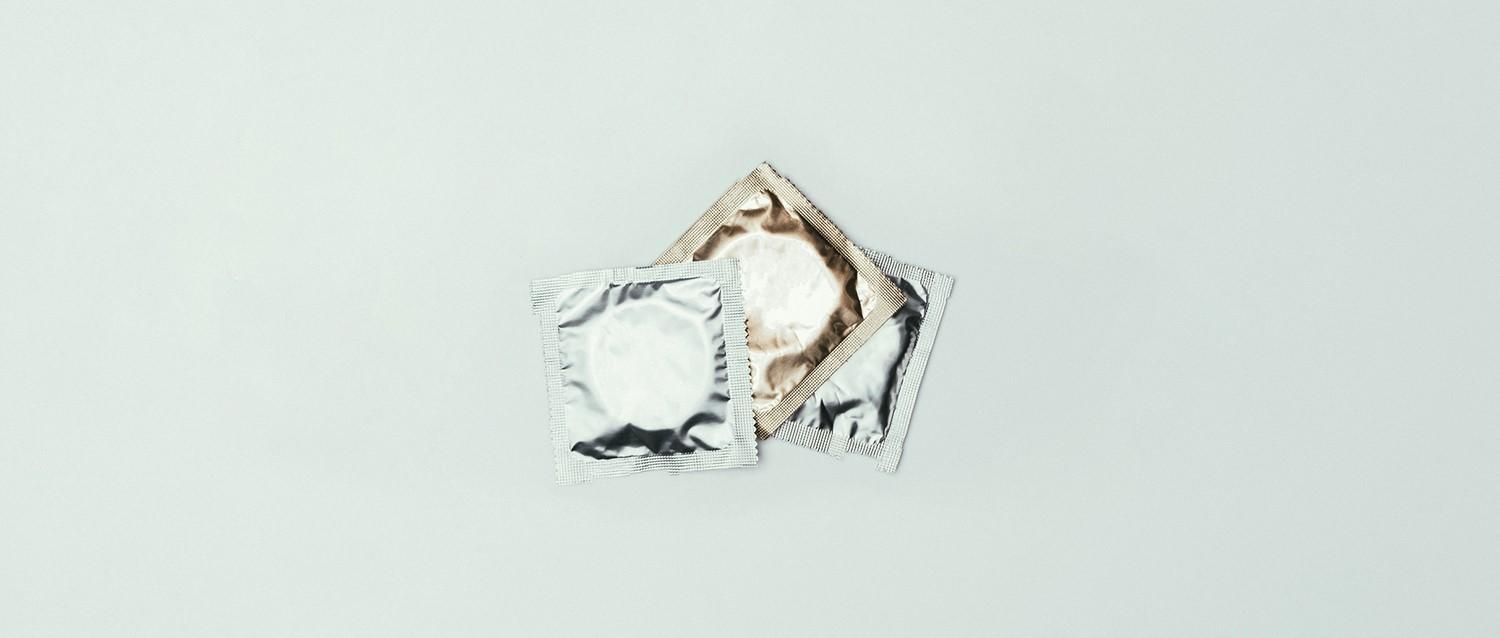
Can men get thrush?
Peer reviewed by Dr Sarah Jarvis MBE, FRCGPLast updated by Sally TurnerLast updated 5 Sept 2018
Meets Patient’s editorial guidelines
- DownloadDownload
- Share
- Language
- Discussion
Three quarters of women will have a bout of vaginal thrush in their lifetime, and half will experience recurrences, but how does the condition affect men? Can thrush be sexually transmitted between partners? We dispel some misconceptions about this common yeast infection.
In this article:
Thrush is a fungal infection caused by a family of yeasts called Candida. The spores commonly live on the skin, in the mouth and the gut, and around the genital area without causing any problems, but can sometimes multiply and cause symptoms. The vagina is particularly susceptible as fungi thrive in moist, warm, airless places; the vagina’s close proximity to the anus also means that yeast can easily travel from the bowel to the vulval area.
Continue reading below
Thrush in men - symptoms and causes
The medical term for thrush affecting the male genitals is candidal balanitis - inflammation of the tip of the penis. There are many causes of balanitis, but a candidal infection is the most common.
"Thrush symptoms in men might include pain when peeing or having sex, or irritation under the foreskin or on the tip of the penis. You might get discharge, a bit like cottage cheese," says Karin O'Sullivan, clinical consultant at sexual health charity FPA.
Triggers that can cause an overgrowth of yeast include sweaty exercise (particularly while wearing tight-fitting nylon sports clothing) and not drying the skin sufficiently after showering.
Certain factors and health issues can also make thrush more likely to flare up. These include a suppressed immune system, diabetes, a course of antibiotics, some skin conditions (eg, psoriasis), and a tight foreskin (circumcised men are less prone to thrush).
"About 1 in 10 men attending GU clinics have balanitis, and thrush is among the most common causes," says Dr Anna Pallecaros, consultant physician in GU Medicine at The Princess Grace Hospital, London (part of HCA UK). "Candida can be asymptomatic in men as part of their healthy flora (it's not a common finding in penile swabs)."
Candida - an individual response
Back to contentsPallecaros points out that people may not realise how individual our responses are to candida and that everyone reacts differently to yeast.
"There’s a whole kaleidoscope of factors that will influence an individual’s response to candida and it may change at different points in time as well," she comments. "When I see patients I'll immediately be thinking which factors are at work to make them more candida-resistant or more candida-sensitive. Female hormones are key drivers for thrush. That's one reason why it's a much bigger problem for women."
If you have a tendency towards allergic conditions (eg, hay fever, asthma and eczema) that may also influence how you react to candida.
"We know that some people in this category can be more prone to skin problems such as warts and eczema and this can make them more prone to candida as well," says Dr Helen Mitakidis, urgent care physician group lead at London Bridge Hospital (part of HCA UK). "The local immune system in the skin can also hyper-respond and be too sensitive."
Continue reading below
Can thrush be sexually transmitted?
Back to contentsWomen susceptible to recurrent vaginal thrush often report that it flares up as a result of sexual activity.
"Because thrush develops on the genitals, it's a common misperception that thrush is a sexually transmitted infection,” explains O'Sullivan. “It can develop after you've had sex, but it's uncommon for it to be passed between sexual partners."
Using an organic, pH-balanced lubricant during sexual activity and washing straight afterwards (with plain water or a bland emollient) can help avoid skin irritation which can trigger thrush. Using non-spermicidal, hypo-allergenic condoms may also be helpful.
"When men get symptoms that seem related to sex, women naturally wonder if their male partner is passing it back and that it's part of their recurrent thrush issue," says Mitakidis.
"Research shows that 20% of these women's partners will be colonised with the same strain of candida as them, but that doesn't mean that colonisation is causing those men a problem," adds Pallecaros.
For others, a penile swab may prove negative for thrush, yet they have symptoms after sex because they are experiencing an allergic, hypersensitive response to the woman's candida.
"A man's immune system may well clear candida without treatment," continues Pallecaros. "If you're a healthy male partner and your immune system handles it properly then exposure to candida is no problem. It's not only candida that's important, it's how your body reacts to it."
She is keen that thrush is not referred to as a sexual infection: "Doing so takes us away from individual responses and individual therapy and actually pushes us towards stigma and fear and not talking about thrush more openly."
Treatment options and where to seek help
Back to contentsGenital thrush can be treated topically with antifungal cream (and pessaries for women), or a capsule taken orally. Although these treatments can be bought at pharmacies, it is important to seek medical advice from your GP or local sexual health clinic for any new or frequent symptoms of genital soreness, pain or itching.
"If one or both partners do keep getting recurrent symptoms then it's important to get checked out so that other infections can be ruled out," says O'Sullivan.
Pellecaros explains that when treating candida some yeast spores can remain, as antifungals inhibit candidal growth rather than kill it. The presence of candida spores is not usually a problem; it is only when the yeast starts invading the skin, then gets an aggressive response, that symptoms arise.
"So when people get thrush recurrently it may be that the spore form is blooming to a hyphal form again due to individual factors," says Dr Pallecaros.
Patient picks for Men's sexual health

Sexual health
Do condoms really cause erection problems?
When it comes to safe sex, condoms are often the best option. Protecting against pregnancies (where applicable) and the transmission of many sexually transmitted infections (STIs), they are especially useful in new relationships or casual encounters. Unfortunately, they come with a couple of well-documented downsides. For many guys, using a condom means losing sensation. And when things are heating up in the bedroom, finding a condom and putting it on can interrupt the flow of sex.
by Abi Millar

Sexual health
What erectile dysfunction could mean for your heart
Erectile dysfunction (ED) - or impotence - is when a man has trouble either getting or maintaining an erection. It's extremely common, with up to half of 40-70 year olds experiencing it to some degree. Despite this, many men find it difficult to talk about and so suffer in silence, not wanting to bother their GP. The fact that Viagra® is now easily accessible online or over the counter without a prescription means many self-treat without support. But what most don't realise is that such behaviour could spell bad news for their heart.
by Dr Anna Cantlay, MRCGP
Continue reading below
Article history
The information on this page is peer reviewed by qualified clinicians.
5 Sept 2018 | Latest version

Ask, share, connect.
Browse discussions, ask questions, and share experiences across hundreds of health topics.

Feeling unwell?
Assess your symptoms online for free
Sign up to the Patient newsletter
Your weekly dose of clear, trustworthy health advice - written to help you feel informed, confident and in control.
By subscribing you accept our Privacy Policy. You can unsubscribe at any time. We never sell your data.